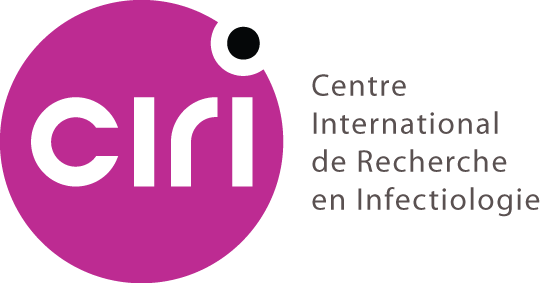Targeting CISH enhances natural cytotoxicity receptor signaling and reduces NK cell exhaustion to improve solid tumor immunity
Résumé
Background The success and limitations of current immunotherapies have pushed research toward the development of alternative approaches and the possibility to manipulate other cytotoxic immune cells such as natural killer (NK) cells. Here, we targeted an intracellular inhibiting protein ‘cytokine inducible SH2-containing protein’ (CISH) in NK cells to evaluate the impact on their functions and antitumor properties.
Methods To further understand CISH functions in NK cells, we developed a conditional Cish-deficient mouse model in NK cells (Cishfl/flNcr1Ki/+). NK cells cytokine expression, signaling and cytotoxicity has been evaluated in vitro. Using intravenous injection of B16F10 melanoma cell line and EO711 triple negative breast cancer cell line, metastasis evaluation was performed. Then, orthotopic implantation of breast tumors was performed and tumor growth was followed using bioluminescence. Infiltration and phenotype of NK cells in the tumor was evaluated. Finally, we targeted CISH in human NK-92 or primary NK cells, using a technology combining the CRISPR(i)-dCas9 tool with a new lentiviral pseudotype. We then tested human NK cells functions.
Results In Cishfl/flNcr1Ki/+ mice, we detected no developmental or homeostatic difference in NK cells. Global gene expression of Cishfl/flNcr1Ki/+ NK cells compared with Cish+/+Ncr1Ki/+ NK cells revealed upregulation of pathways and genes associated with NK cell cycling and activation. We show that CISH does not only regulate interleukin-15 (IL-15) signaling pathways but also natural cytotoxicity receptors (NCR) pathways, triggering CISH protein expression. Primed Cishfl/flNcr1Ki/+ NK cells display increased activation upon NCR stimulation. Cishfl/flNcr1Ki/+ NK cells display lower activation thresholds and Cishfl/flNcr1Ki/+ mice are more resistant to tumor metastasis and to primary breast cancer growth. CISH deletion favors NK cell accumulation to the primary tumor, optimizes NK cell killing properties and decreases TIGIT immune checkpoint receptor expression, limiting NK cell exhaustion. Finally, using CRISPRi, we then targeted CISH in human NK-92 or primary NK cells. In human NK cells, CISH deletion also favors NCR signaling and antitumor functions.
Conclusion This study represents a crucial step in the mechanistic understanding and safety of Cish targeting to unleash NK cell antitumor function in solid tumors. Our results validate CISH as an emerging therapeutic target to enhance NK cell immunotherapy.
Domaines
Sciences du Vivant [q-bio]
Origine : Fichiers éditeurs autorisés sur une archive ouverte


